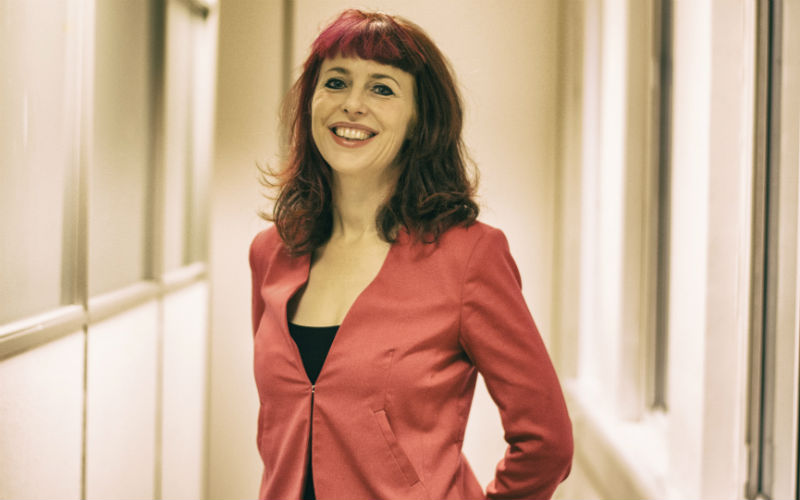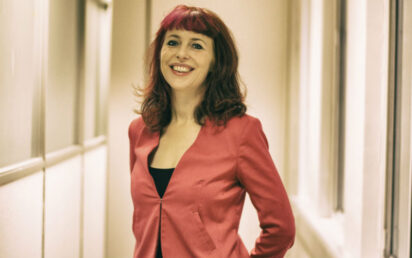The quick but necessary digital revolution of the NHS during COVID-19 might be too fast for some people – and risks leaving them behind.
Dr Victoria Betton, of Mindwave Ventures, warns that a rapid adoption of new tech solutions in healthcare could lead to digital exclusion.
Mindwave Ventures is a digital health company, headquartered in London, which spun out of the NIHR Maudsley BioMedical Research Centre (BRC) at the Maudsley Hospital.
Founded by Kumar Jacob MBE in 2014, the firm is now 34-strong including Dr Betton, who serves as its CIO.
Dr Betton said she has always had an interest in the non-adoption of technology, and the barriers which stop new tech from becoming part of the NHS offering. She is currently writing about the state of play before, during and after COVID-19, and plans to publish her findings.
Dr Betton cites figures from the Good Thing Foundation, a digital inclusion charity, which reports 9% of adults don’t use the internet, a quarter have limited digital skills and seven million people don’t know how to launch a mobile app.
Speaking at BusinessCloud’s virtual HealthTech event, she said: “I think there’s a real risk that, if we don’t pay attention, we might be in danger of creating a two-tier health system.
“We need to make sure that we don’t leave those people behind; that we help them become included; that we look at assistive digital.
“This whole notion of a digital-first NHS might actually disadvantage significant groups of people if we’re not careful.”
At the other end of the NHS, she said that the GPs she has spoken to seemed to show a decrease in ‘professional reluctance’ of new technology.
“The benefits [of remote consultation] suddenly massively outweighed the barriers or the reluctance to engage with technology, because people are concerned for infection and their lives,” she said.
However the new challenges of remote working are affecting GPs in the same way as the rest of the country.
Dr Betton said one GP she had spoken to was carrying out a virtual consultation when their five-year-old ran into the room to talk about potty training.
“And then there’s the fatigue associated with looking at a screen in the way we all are for significant periods of time,” she said.
More positively, she said increased flexibility and convenience was a positive to be drawn from GPs working outside of their practice.
The ultimate question still left unanswered is whether these new HealthTech solutions to help patients see GPs would become a ‘new normal’, or would revert back.
Speaking more broadly of the sector, she said: “There has been this real case of advocacy for technology.
“It does feel the case has been made, if we can leverage this moment, and if we can pay attention to things like implementation, and really get some of these technologies well embedded in practice, then I think we could see some real positives in terms of efficiency, flexibility, experience and outcomes.”


